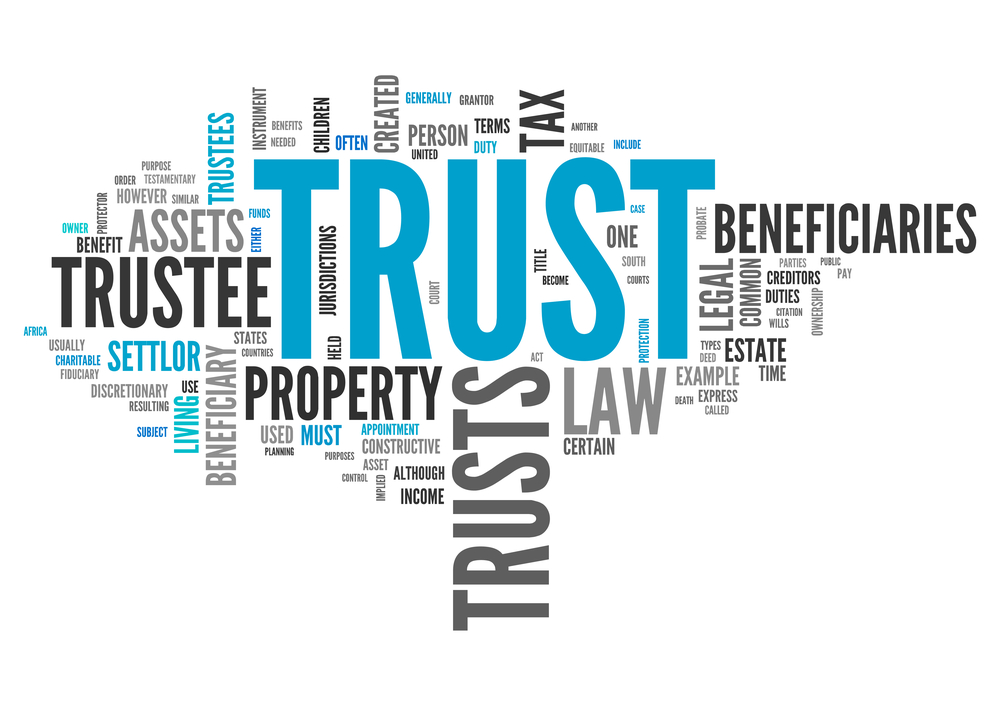I’m a Successor Trustee: What Does That Mean?
January 14, 2020
Has someone in your family informed you that you’re a successor trustee? Are you thinking you might never be needed in this role because the primary person serving in it intends to stay there for the long haul?

The primary trustee is the person with the first authority to serve in the role of trustee, both managing and distributing assets through the trust. However, if something happens to that person, many trust creators establish a successor trustee to take over that role.
A primary trustee could leave his or her position for many reasons. The person might decide that they are no longer willing or able to serve in this role. They might have had conflicts with the beneficiaries of the trust and want to remove themselves from these issues.
Perhaps the trustee has been accused of some form of malfeasance and has been removed from the position. Regardless of how it happens, you need to verify that you’re able to serve in this role and that you are indeed the successor trustee. There might be specific requirements inside the trust that you have to meet in order to serve in this role.
If it’s the case that the former trustee or settlor is incapacitated rather than deceased, a letter from the settlor’s physician might be required to verify this information.
If you discover that you’re to be installed in this role and need support in carrying out your duties, it’s wise to hire an attorney who has experience in this field. A lawyer can ensure that you understand the scope of your duties so that you can approach this process with confidence.
Although you might never need to formally serve in the role, much like a British royal way down in the line of succession, it’s important to be prepared should you need to step into the position of serving as a successor trustee.





